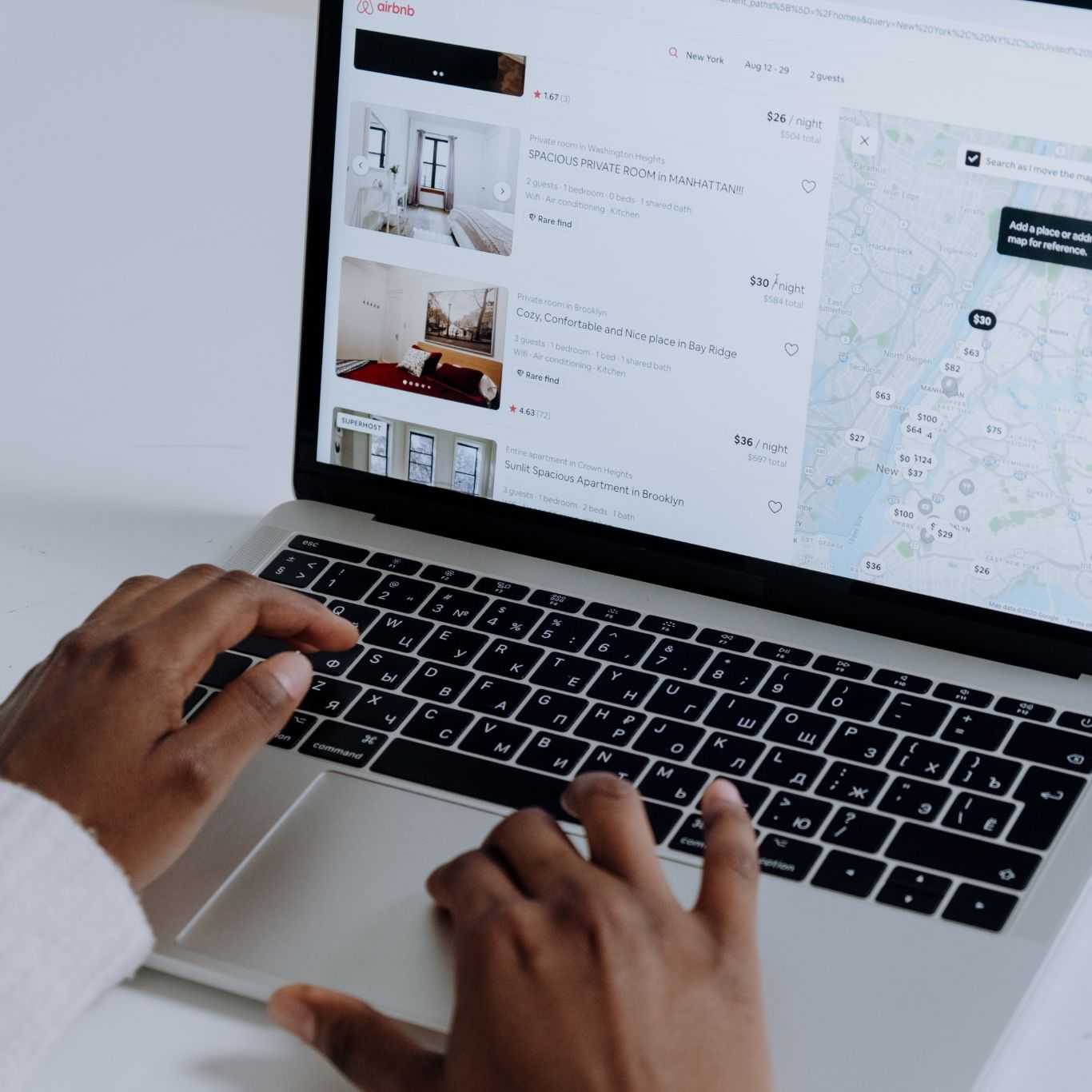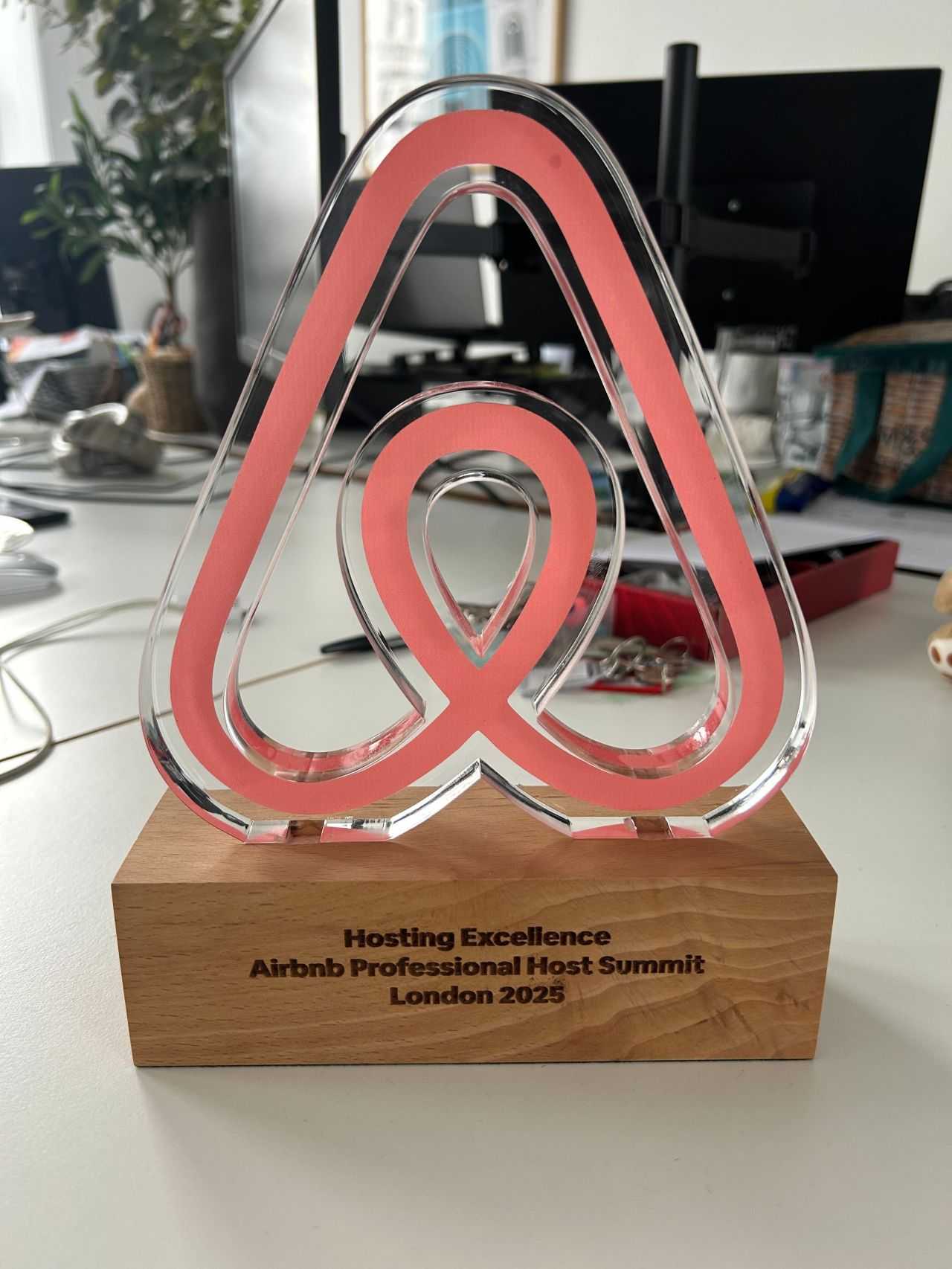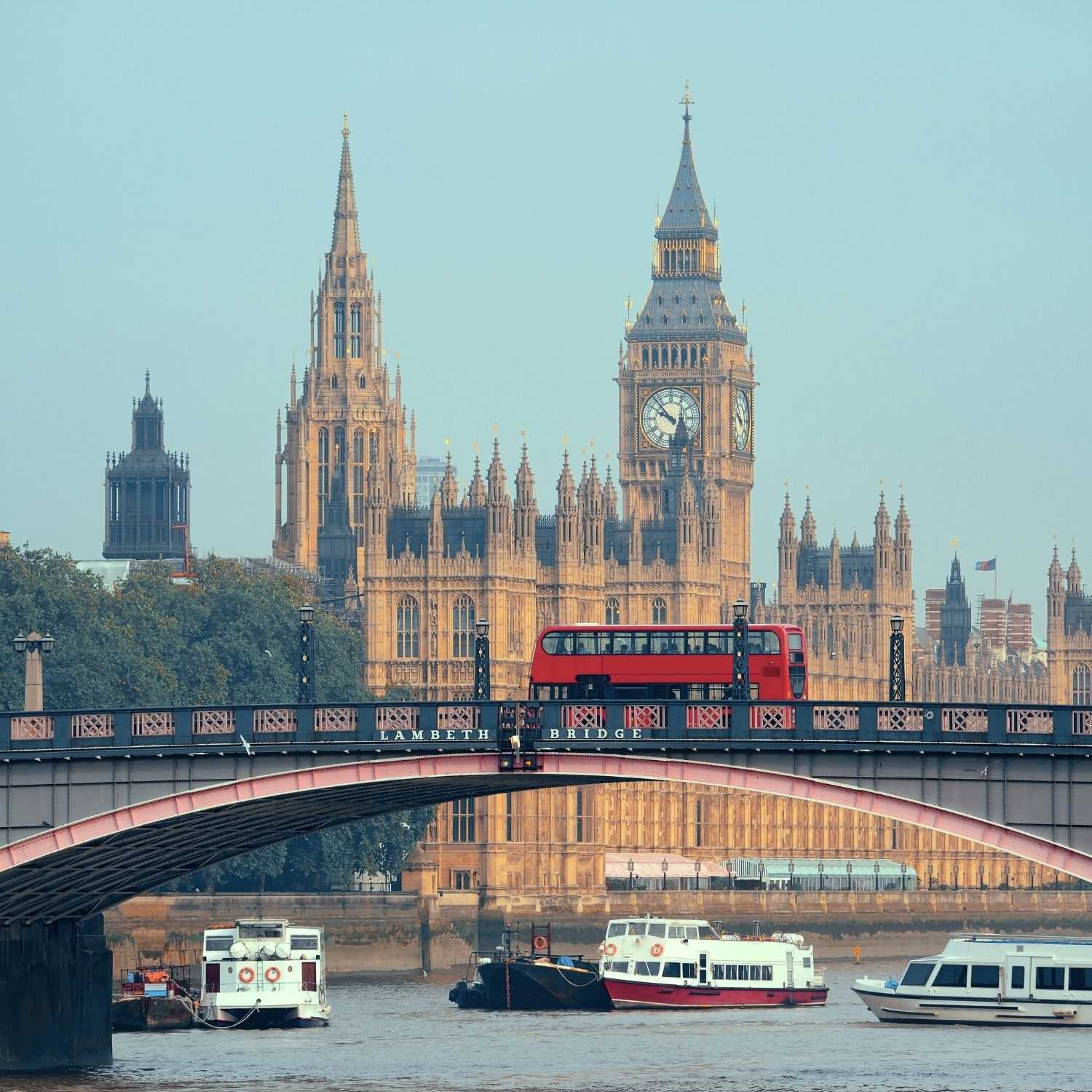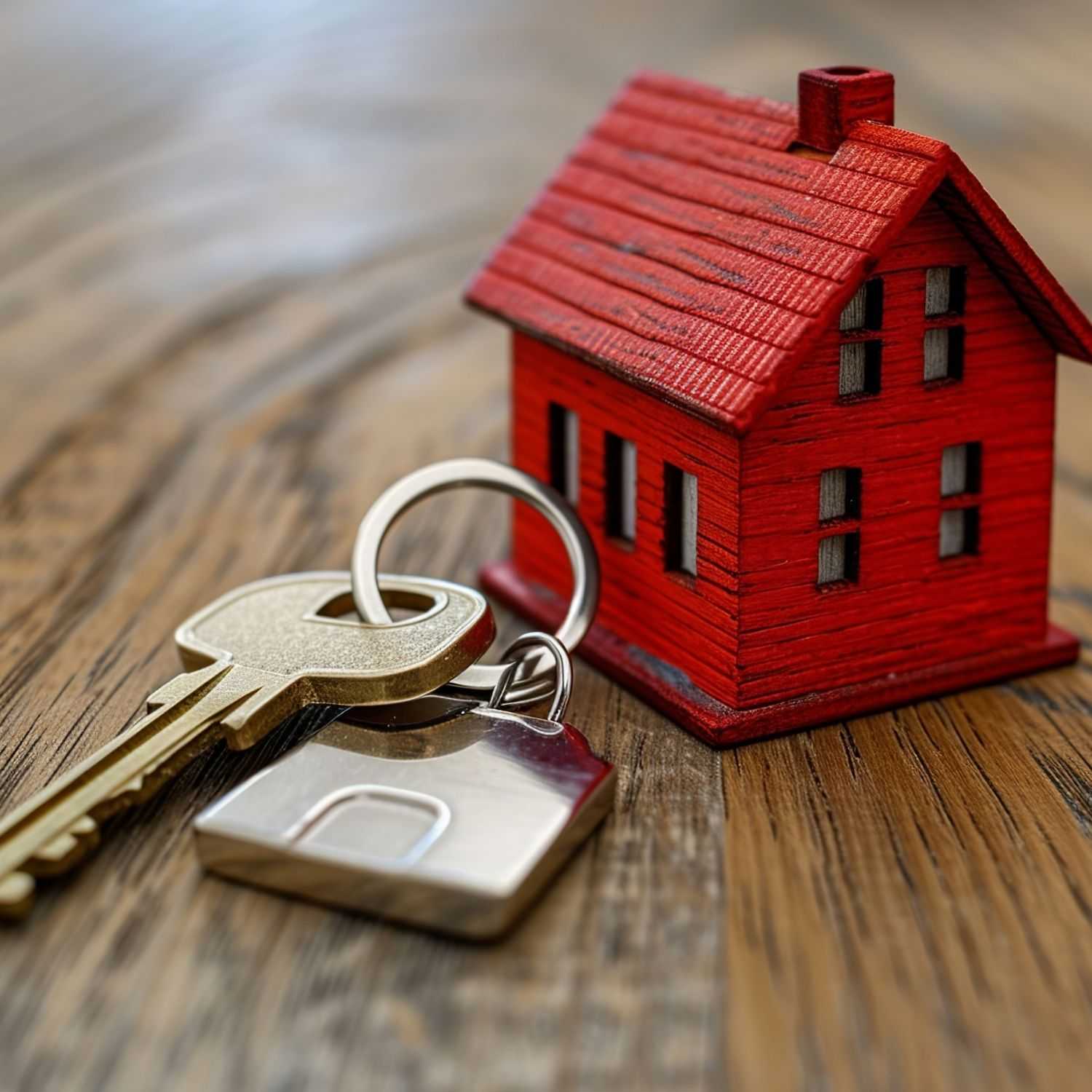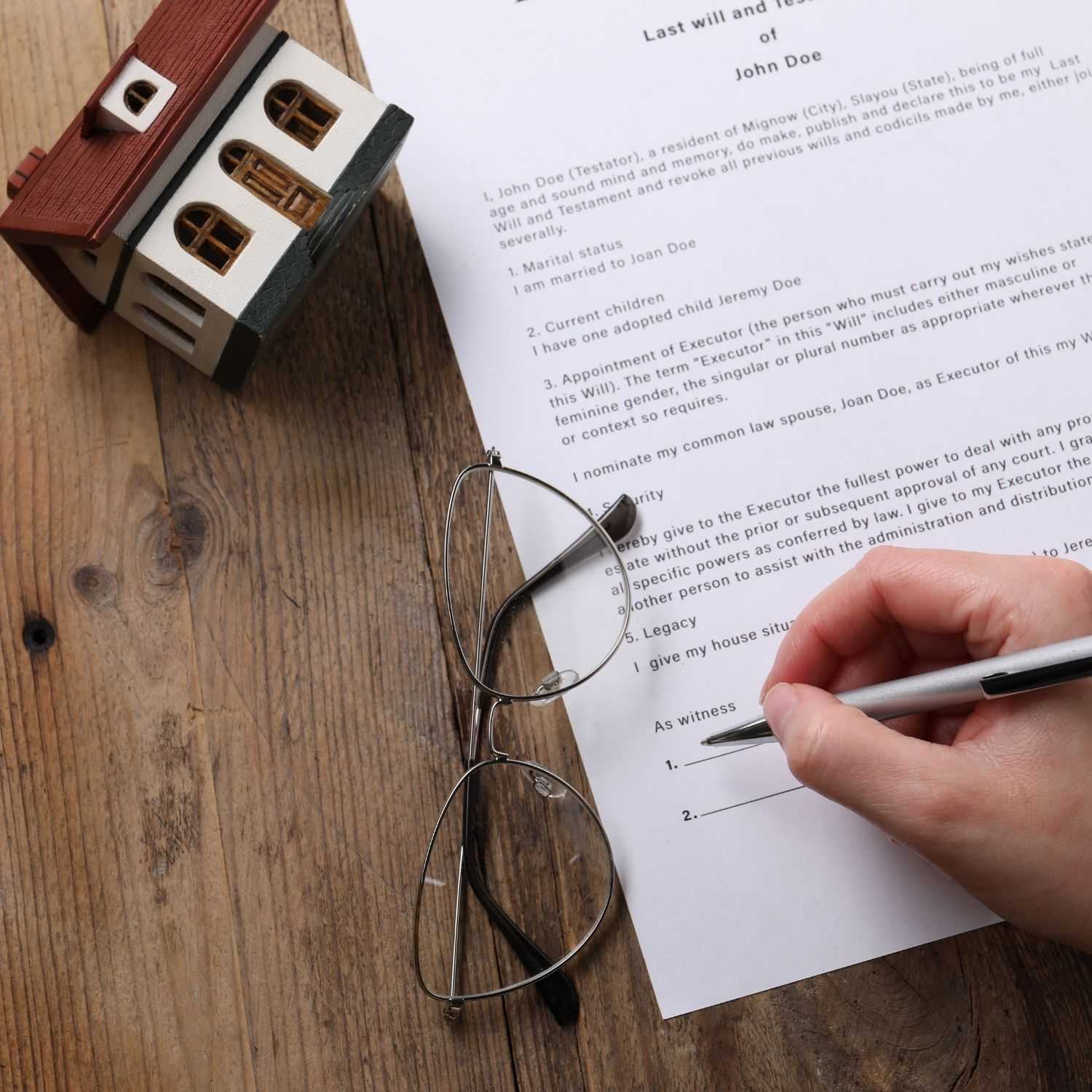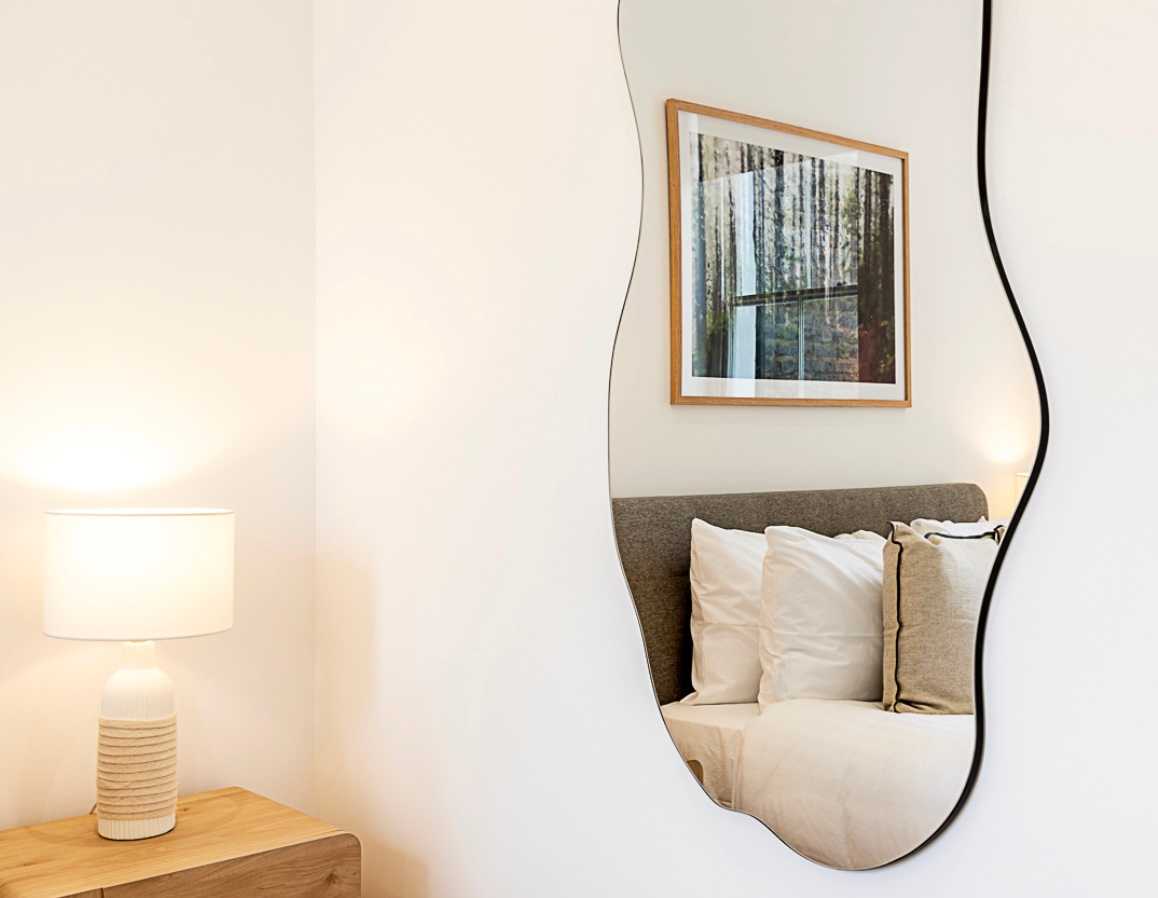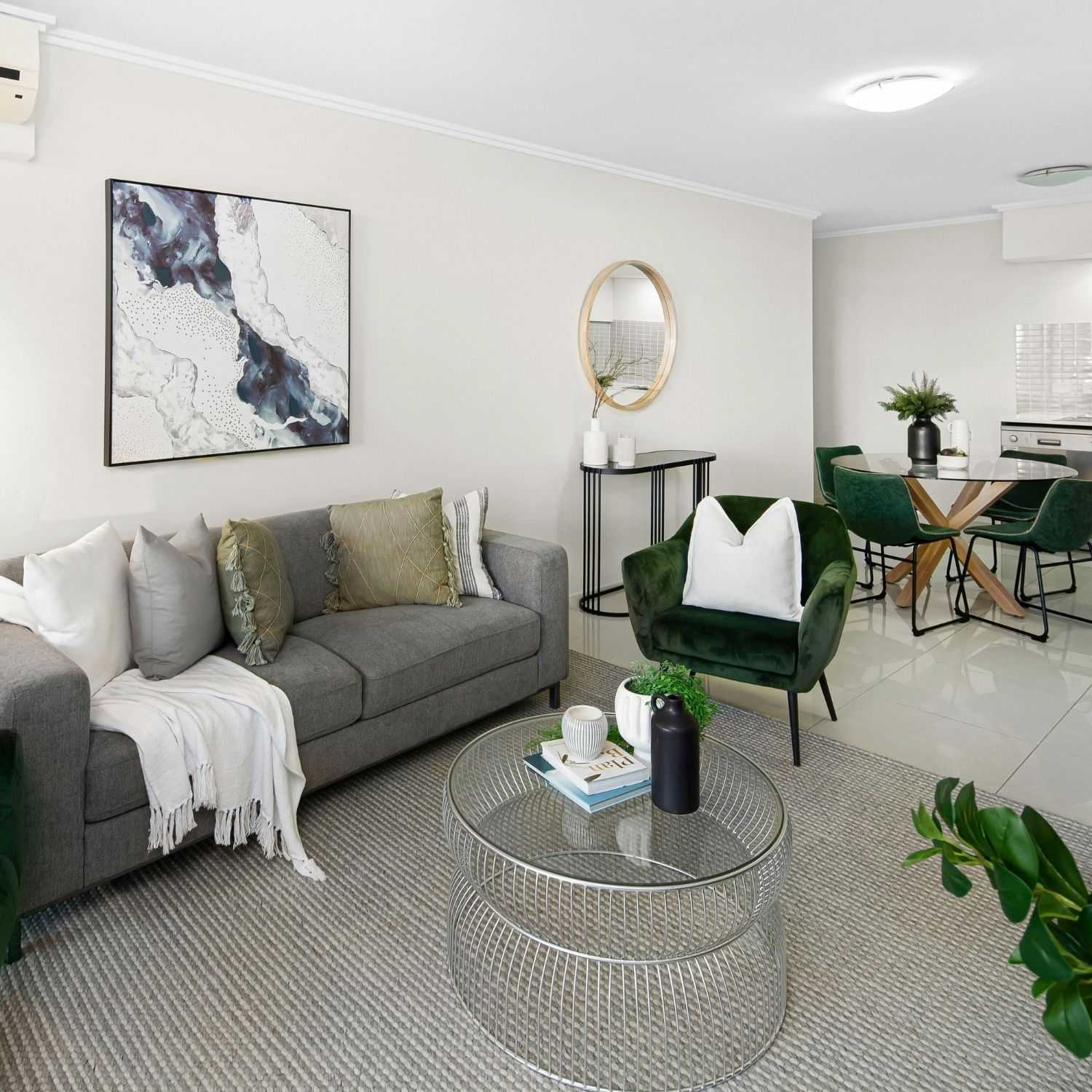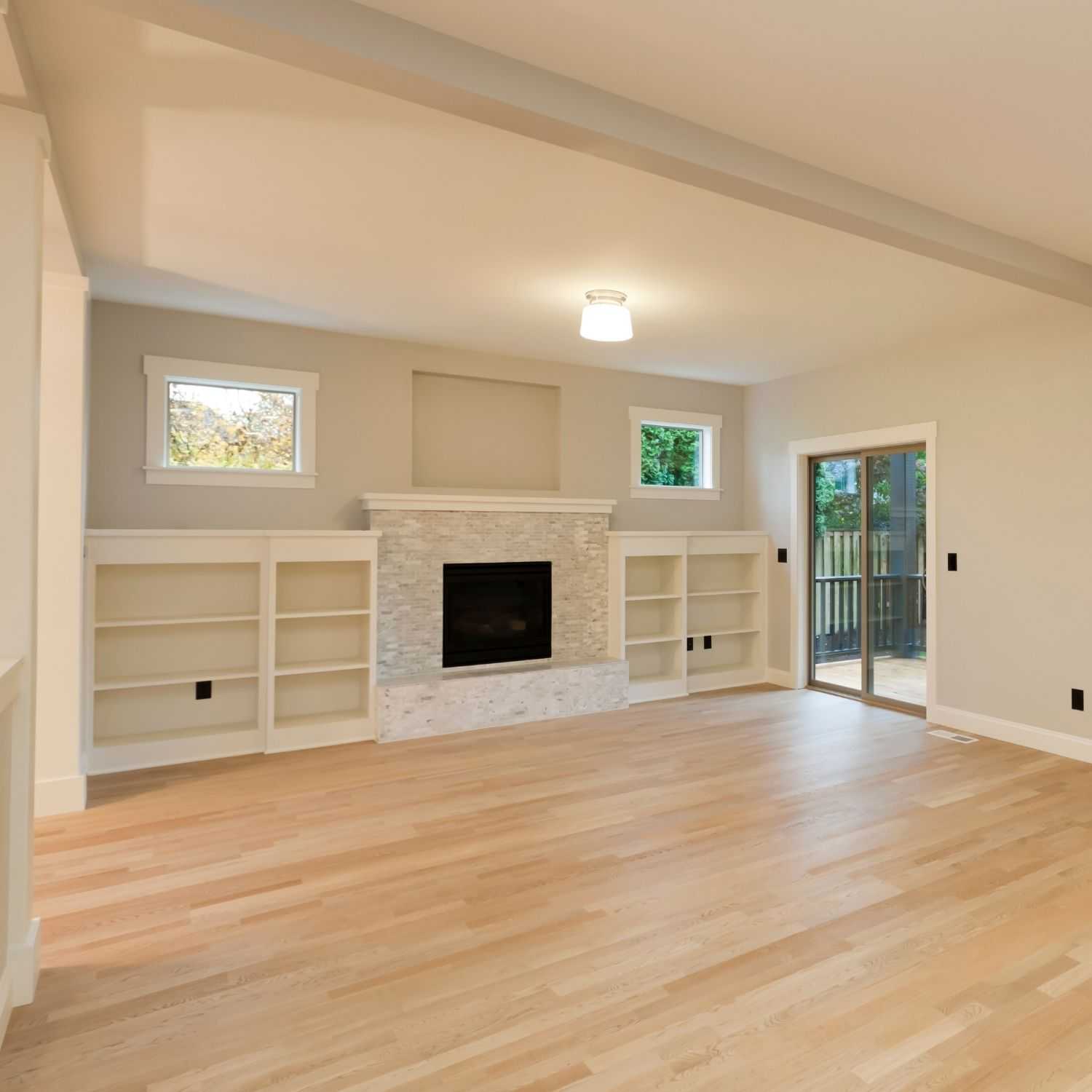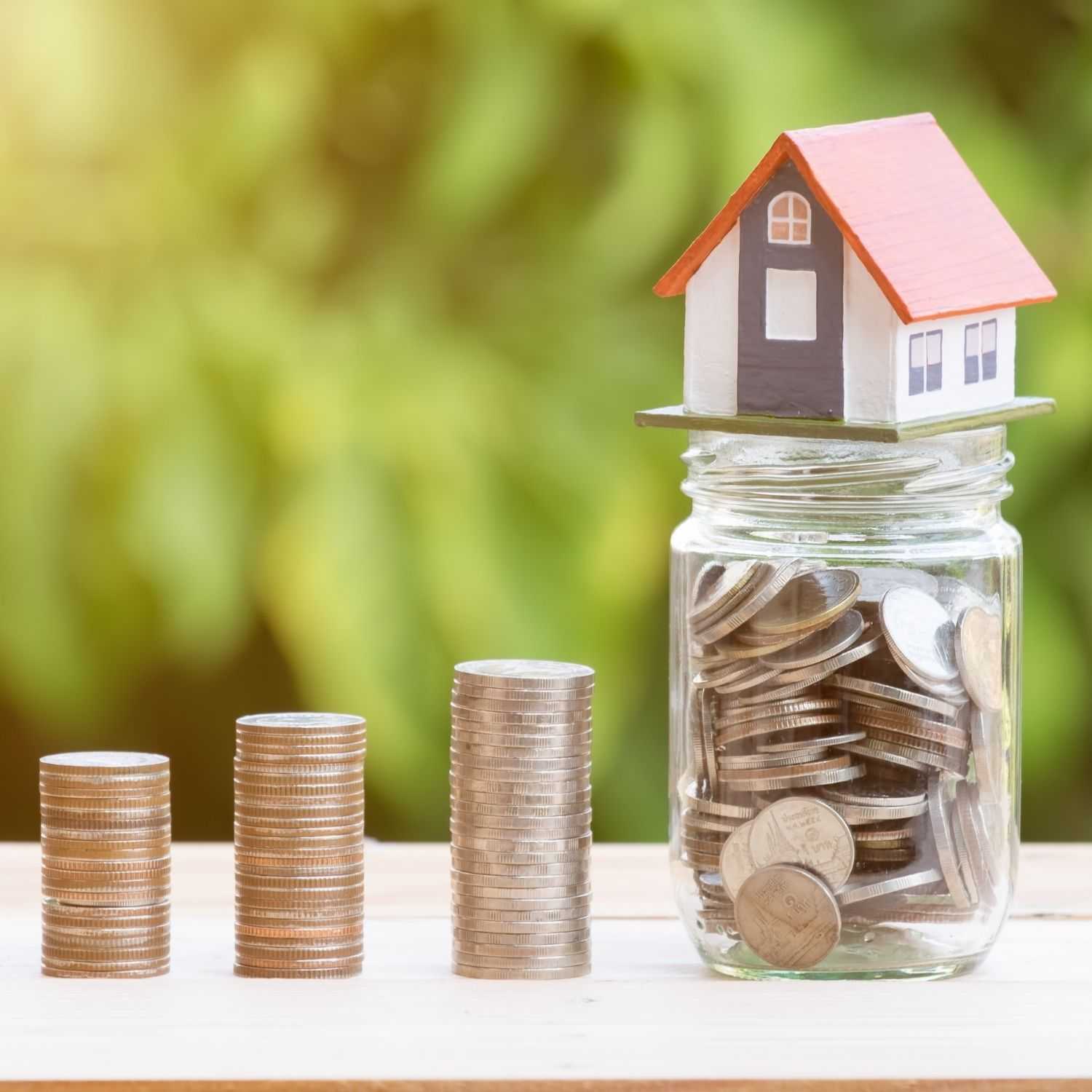Share post:
Becoming an Airbnb host opens a world of opportunities to earn from rental properties. Airbnb is a platform that serves as an online marketplace for short-term and long-term rental properties. In 2022, it was reported that there were 393.7 million nights and experiences booked through Airbnb.
This proves that Airbnb can effectively provide landlords with a secure way to market and advertise their properties. At the same time, it allows travellers from all over the world to conveniently browse properties that they can stay in temporarily.
So if you’re a property owner in London, it would serve you well to post a listing on the Airbnb platform. With the right guide, your property can get several inquiries from potential guests all over the world.
In this article, you’ll get tried and tested tips that’ll get you started as a host on Airbnb. By following this guide, you can be on your way to becoming a Superhost with positive reviews and a steady stream of rental income.
About Airbnb Hosting: Expectations and Responsibilities
Venturing into the world of Airbnb hosting involves a commitment from property owners. With millions of hosts around the world, 69,351 of which are in London, you need to work hard to make your property stand out.
Fortunately, it’s not a difficult task to do. However, it does require a commitment to create a unique form of hospitality that is expected of Airbnb properties. As you know, this type of hosting operates on two fronts, the digital and physical worlds. As an Airbnb host, you have to understand your role in creating an impressive impression online that’ll translate to an unforgettable experience in person.
This goes beyond just providing a bed for guests to stay in. It’s not just about providing them with a bathroom, kitchen, dining and living area to make their stay comfortable. It’s about creating a haven that suits their needs at that particular moment.
That entails creating an atmosphere of warmth right at the get-go. The moment guests enter the door, they have to feel welcomed. How you design your flat should set the stage for a wonderful stay in London. From providing kitchen appliances, checking that the heating system works and ensuring safety through smoke and carbon monoxide alarms – there are many things that you need to cover to become a great host on Airbnb.
Remember, the more you impress your guests, the more chances that you’ll get a positive review on Airbnb. These reviews can help you get more guests and increase your reputation as a potential Superhost.
Steps to Becoming an Airbnb Host
Airbnb hosts refer to the landlords, property owners or listing agents that manage properties for rent on the platform. There are two types of hosts: the regular hosts and the Superhosts. The latter at hosts who have built a reputation for going above and beyond what’s expected of them as hosts. They are the ones who provide exceptional guest experiences.
Before you can hope to become a Superhost, you must establish your reputation as a regular host first. Don’t worry. It’s not a difficult task to do. Once you’ve entered the Airbnb playing field and you’ve met the expectations of your guests, you can build your reputation over time.
Here are the steps that you can follow to get started as a host on Airbnb.
Step 1: Conduct Research
Before anything else, make sure you’ve read what you can about what it means to be an Airbnb host. Reading this article is a great start. Conducting a comprehensive study of what it takes to be a successful host is another thing that you can do. Focus on specific London hosts and see who are Superhosts. Try to understand what makes them different from the rest. Figure out their strategies so that you can come up with your own.
Apart from this, educate yourself on the local regulations. Learn about the planning permission. Find out if your property passes the minimum EPC rating. These are the minimum topics that you have to read about before you get started.
Step 2: Identify your Goals
As you’re reading and studying what it takes to become a good host on Airbnb, make sure you have a firm grip on what your goals are. What do you want to achieve as a host? For instance, if you want to focus on short-term letting, you need to get planning permission so you can rent out the property for more than 90 days.
Your goals will guide you as you set up your property for letting. It can also help you identify the target market that you want to stay in your flat. It’ll allow you to create a unique guest experience that suits their specific needs.
Step 3: Learn the Responsible Hosting Guide
The next step is to thoroughly study the Responsible Hosting Guide of Airbnb for UK hosts. This is a comprehensive guide you can use to familiarise yourself with the best practices of hosts. Among the topics that you can read about are general regulations and permissions, national taxes, local rules (by city and region), insurance, safety, cleanliness and hygiene, etc. Go through all the topics to ensure complete compliance. This will help you equip your flat with essential items like first aid kits, fire extinguishers, etc.
Step 4: Prepare your Property
With everything that you’ve learned so far, it’s time to start preparing your property. Your knowledge of the local regulations and the expectations from an Airbnb host will guide you in designing the interior and exterior of the property. Make sure you also consider your target guests as you prepare the property for letting.
Once you’re done, take photos of the place. Highlight the unique features of the property that you know guests will like. Do a virtual tour as well to provide potential guests with an immersive online experience. This will help them decide if your flat is the property they want to book.
Step 5: Work on Compliance
Consider the local regulations as you prepare the property. This is a non-negotiable. If you don’t comply and you get caught, that could lead to penalties and charges – maybe even the end of your hosting career.
Meet the legal requirements to ensure that your property meets the safety standards required by the local council. Obtain all the necessary permits to avoid issues that can compromise your operations in the future.
Step 6: Map your Letting Operations
With what you know about compliance and how to be a responsible Airbnb host, it’s time to map out your letting operations. You have to decide how you want to be a host. Are you going to be a hands-on host? Or will you partner with a property management company to handle everything for you?
Whatever you decide, it’s important to pay attention to the letting operations. From the marketing and inquiries to the check-in and check-out procedure as well as the cleaning and maintenance – you need a streamlined process in place. This will be reflected in the house rules that you’ll provide the guests upon check-in.
This also includes a reliable channel for communicating with guests – especially for emergencies or property issues that require your immediate attention. Make sure all these are established to guarantee the satisfaction of your guests.
Step 7: Setup your Airbnb Profile
Your Airbnb profile is the digital information that your guests will look at before they decide to book your property.
The first thing you have to do is to go to the Airbnb site and provide your personal information. After that, you’ll go through a 3-stage process to complete your property listing on Airbnb.
Stage 1 defines your property. You have to answer questions about your property, the amenities that you offer (e.g. Wifi, toiletries, furniture, appliances, etc.) and the space capacity (e.g. number of bedrooms/beds).
Stage 2 sets up your listing for marketing purposes. You’ll be required to upload property photos/videos, create a catchy headline and provide a description of the property and the surrounding neighbourhood. Take your time with this part because the visuals and information that you provide can influence the decision of potential guests to book your place.
Stage 3 defines the parameters about who can book your place. Specify if you’ll allow pets, children and infants to stay. You can also indicate if the property is suitable for events or parties and if you’ll allow smoking within the premises. Then, you’ll be taken to a calendar where you can block off dates when the property won’t be available.
Finally, you can set the price. You can choose a fixed price or the Smart Pricing strategy where the system will adjust the price according to the demand (as long as it’s within the parameters that you’ve set).
Once you’ve completed these 3 stages, Airbnb will prompt you to review the local laws and requirements for rental properties. This is to ensure complete compliance so your property won’t have issues in the future.
If everything is set, you can click the Finish button to get your Airbnb profile live.
Step 8: Market your Rental Property
With your Airbnb profile up and running, it’s time to promote it. You’ll need a marketing strategy to maximise the visibility of your property. This includes posting photos of the flat and the Airbnb link to your profile on your social media accounts. You can also collaborate with local businesses so they can advertise your space. Partnering with a trustworthy property management company will also help with marketing. They can use their website and you’ll benefit from their reputation and trust ratings. It’ll increase your market reach and allow you to host more guests in your Airbnb property.
Step 9: Keep Improving
Regularly check and update your Airbnb profile to see if you can improve it. If the flat is newly renovated or you changed any of the decor, take photos of the new features so you can upload them on your profile. Remove the old photos that are no longer relevant. This will ensure that whatever people will see on your Airbnb profile will be exactly what they’ll have when they get to the property.
Step 10: Get Reviews and Testimonials
Guest feedback is extremely important for Airbnb hosts. Most people read reviews before putting their trust in a property. This is why you should pay attention to the feedback given by previous guests. Any positive feedback should be acknowledged by sending out a thank you response. If there are negative comments, don’t worry about them. These can be taken as an opportunity to improve. Make sure you answer these negative comments and thank the guests for taking the time to leave feedback. Add in the response that you’ll work on improving the property so future guests will have a better experience.
Work with an Airbnb Property Management Company
The journey to becoming an Airbnb host is both exciting and challenging. The ability to provide consistently exceptional experience requires commitment and focus. You have to stay updated with the evolving needs of the market so you can update the property to meet new requirements. It’s not just about the changing preferences of tenants. You should also keep an eye on new rules and regulations in the letting market.
This is where an Airbnb property management company comes into play. If you want to free yourself from the intricacies of running an Airbnb property, you can partner with a professional to take care of the letting operations for you.
City Relay is a property management company that specialises in short-term letting for Airbnb properties. Part of their service is monitoring Airbnb profiles, guest inquiries, check-ins and check-outs and property maintenance. With the company taking care of the legwork, you can focus on curating an extraordinary stay for your guests. It’s truly a strategic decision that can improve your reputation as an Airbnb host. In time, you can grow and improve to become an Airbnb superhost.
If you’re ready to start your Airbnb hosting career, contact us. We can help set up your flat and create an impressive Airbnb profile for your property.
